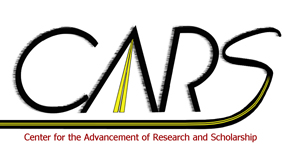Poster: The Effects of Study Abroad and Working Memory on Processing L2 Subject-Verb Agreement
Location
Moakley Atrium
Start Time
14-5-2014 4:00 PM
End Time
14-5-2014 5:00 PM
Description
This research investigates the effects of study abroad and working memory on how native English speakers process redundant subject and verb cues when reading in Spanish. Past research has shown that native Spanish speakers prefer to process morphological cues (e.g., the ending –ed in ‘walked’), and that native English speakers prefer lexical ones, (i.e., ‘yesterday’) when both are present. The current research examines whether processing different redundant cues obtains similar results, as well as considers the effects of working memory and study abroad on L2 processing. Twenty-five learners with a study abroad experience and 22 without such an experience were included in the experiment. Their eye movements were recorded as they read 40 experimental sentences. They also performed a test of working memory. Results revealed that participants in the study abroad group did alter their processing strategy, but that working memory capacity did not affect L2 processing.
Poster: The Effects of Study Abroad and Working Memory on Processing L2 Subject-Verb Agreement
Moakley Atrium
This research investigates the effects of study abroad and working memory on how native English speakers process redundant subject and verb cues when reading in Spanish. Past research has shown that native Spanish speakers prefer to process morphological cues (e.g., the ending –ed in ‘walked’), and that native English speakers prefer lexical ones, (i.e., ‘yesterday’) when both are present. The current research examines whether processing different redundant cues obtains similar results, as well as considers the effects of working memory and study abroad on L2 processing. Twenty-five learners with a study abroad experience and 22 without such an experience were included in the experiment. Their eye movements were recorded as they read 40 experimental sentences. They also performed a test of working memory. Results revealed that participants in the study abroad group did alter their processing strategy, but that working memory capacity did not affect L2 processing.
